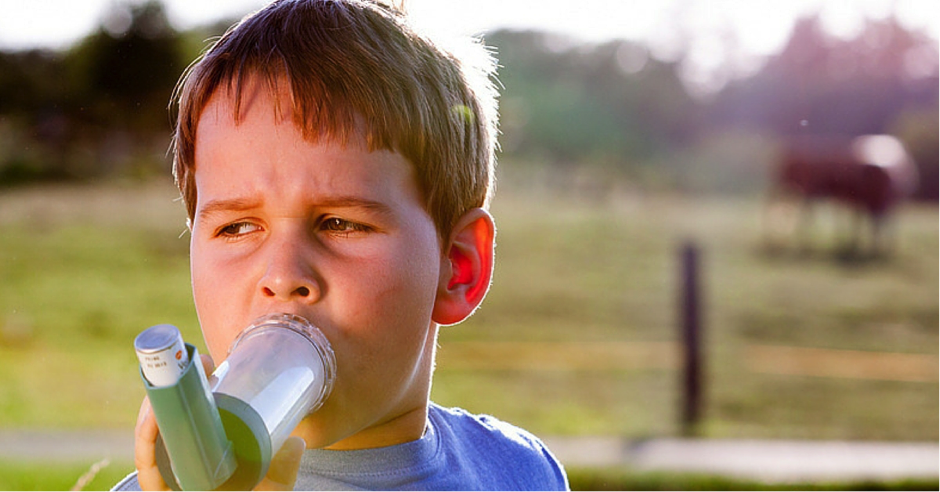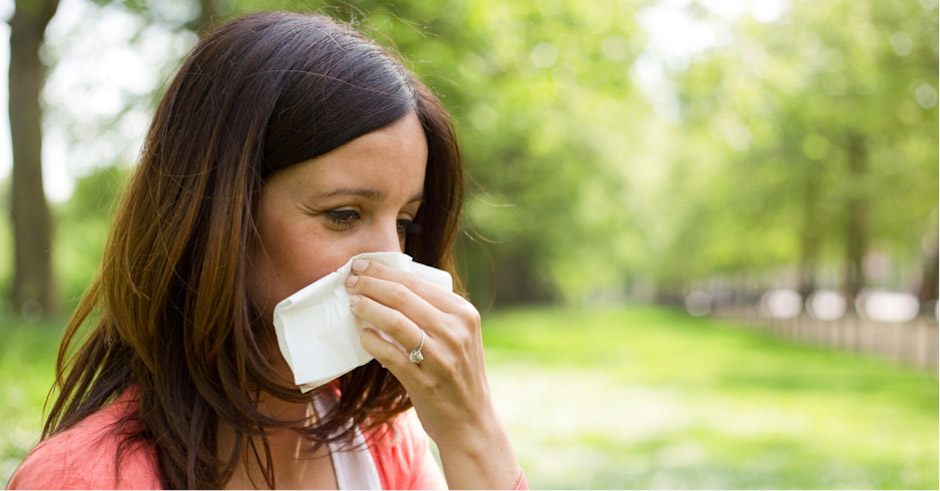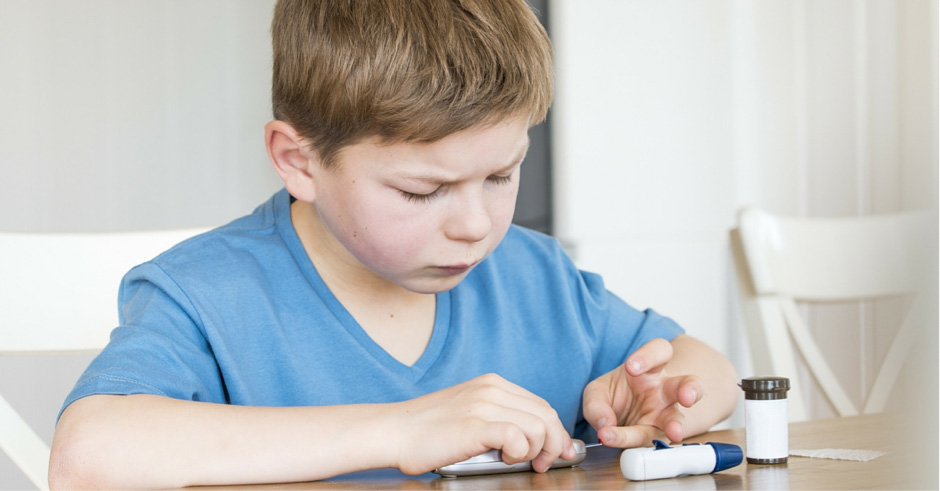Our modern day lifestyles have given rise to a large number of conditions, most of them preventable. The three most common ones are– heart disease caused by high cholesterol, stroke and paralysis caused by hypertension, and diabetes by high sugar.
By 2025, 1.56 billion people are expected to suffer from hypertension worldwide. Like diabetes, it is considered a silent killer that often goes undiagnosed. In this blog, we take a look at hypertension – what causes it, the symptoms and simple tips to manage it.
What is hypertension?
Hypertension, most commonly understood as high blood pressure refers to the force exerted by the blood against the walls of blood vessels. So what constitutes high blood pressure? Normal blood pressure is when the systolic reading (when the heart pumps blood around the body) is 120 and the diastolic reading (when the heart relaxes and refills with blood) is 80. There are a few stages of hypertension based on the systolic and diastolic readings.
- Prehypertension: 120-139 systolic and 80-89 diastolic
- Stage 1: 140-159 systolic and 90-99 diastolic
- Stage 2: 160 or higher systolic and 100 or higher diastolic
- A medical emergency is when the systolic pressure is above 180 and diastolic is above 110.
Causes of high blood pressure: The exact cause of high blood pressure is not known but doctors and researchers believe that a combination of factors such as smoking, a poor diet with excessive sodium, sedentary lifestyle, stress and alcohol consumption could lead to it.
There are two types of hypertension – essential and secondary. When it is not possible to identify what caused hypertension, it is called essential hypertension and is attributed to a combination of lifestyle habits. When hypertension is a result of a known condition such as kidney disease, a tumour, hyperthyroidism, pregnancy or birth control pills, it is called secondary hypertension.
Unlike commonly believed, anxiety by itself is not known to cause hypertension. However, episodes of high anxiety can cause dramatic but temporary spikes in blood pressure. These are just as damaging to the blood vessels and heart. The problem is compounded if the anxiety leads to higher consumption of alcohol, overeating or smoking.
Some groups of people are more vulnerable than others to hypertension.
- Most sufferers of hypertension are over the age of 60 and the risks increase with age.
- Overweight and obese people are at a much higher risk that those that are not. This also ties in with a poor diet and sedentary lifestyle.
- Both men and women are at risk but at different times. While hypertension in younger men is more common than women, at an older age more women tend to be represented in the group than men.
- Those with stressful personal lives or professional careers succumb to the disease more than others who may have a more of a routine in their daily lives.
- Genetics is known to play a big part – so if either of your parents had hypertension, your risk is greater. However, a healthy lifestyle is known to to delay the onset significantly or even avoid it altogether.
If you have not been diagnosed with hypertension or are at prehypertension stage, there are a few steps you can take right away. Here are some important ones:
Diet:
The diet most recommended for hypertension is popularly known as the DASH diet (Dietary Approaches to Stop Hypertension). Interestingly this diet is now the recommended diet for everyone since it was found not just to reduce hypertension but also the risk of certain kinds of cancers, stroke, heart failure, kidney stones and diabetes.
The DASH diet is an eating plan rich in fruits and vegetables, low-fat dairy, nuts, beans and seeds. The proteins come from portion controlled servings of lean meat, fish and poultry. Why does the DASH diet work? Because by increasing the amount of fruit, vegetables and non-fat dairy and replacing empty carbohydrates, it increases the levels of potassium, calcium, magnesium and fibre – all of which are important minerals in controlling hypertension.
What’s really important for reducing hypertension is cutting back on salty foods. A small reduction of dietary sodium can reduce blood pressure significantly. The general rule is to limit sodium to 2,300 mg a day. The best way to do this is to avoid highly processed food which is known to contain high levels of sodium. If you can, avoid adding salt to food.
Exercise:
Doctors say this is the first line of attack for those suffering hypertension. Blood pressure increases with weight gain. Secondary effects like sleep apnoea can drive it further. Weight around the waist or visceral fat is the real offender, so keep an eye on that. According to the Mayo Clinic, men with waistlines larger than 40 cm and women with waistlines larger than 35 cm carry a higher risk of hypertension.
Find out what your ideal weight should be. There are several tools available that will give you the right range based on your gender, age and height. Don’t attempt a drastic change that may create other health complications. Work with your GP to have a plan to lose weight in a safe and sustainable way.
30-minutes of moderate exercise, 5 days of the week, is the very least that is required. The important thing for those suffering from hypertension is the regularity. It does not help as much to do a long workout on weekends but to have a sedentary week. So ride your bike to work. The best forms of exercise are walking, jogging, cycling, swimming and dancing. Research has shown that a good exercise program has helped delay the progression of hypertension.
Alternative therapies, when used to supplement a regular cardio programme can be quite effective too. For instance, yoga, meditation, and other forms of relaxation have helped those affected by hypertension to reduce the stress they feel and cut back on smoking or alcohol consumption.
Alcohol, smoking and caffeine:
Quit Smoking. There is no other way when it comes to this habit. Each cigarette is known to raise blood pressure for some time after smoking it. The general debilitating effects of smoking on health compound the problem.
Alcohol cuts both ways. Very small quantities, consumed in a happy social setting can reduce blood pressure, but that is lost when too much is consumed. And that means anything more than one standard drink a day is too much. Also remember that too much alcohol reduces the effectiveness of blood pressure medication.
The jury is still out on caffeine. If you are a regular coffee drinker, keeping up with the same levels of consumption will probably not hurt. But for those not used to drinking caffeine, the occasional cuppa may raise their blood pressure.
Managing stress:
Being diagnosed with hypertension should be a reality check! It’s time to sit back and evaluate all the reasons for stress in your life. Is it personal, professional or financial? What can be done to eliminate the reasons for stress? Often we have more control over our circumstances than we think we do. Start thinking through some solutions. Are there ways to manage your household budget better so you can move to a less demanding job? What can you do to get a better work-life balance?
If you’ve made all the change you can, but still have to cope with stress, try alternative relaxation therapies. Find the time to do the things you love.
Hypertension is one of those ailments that needs a multi-pronged approach. Yes, medication is important, but it’s not of much use unless it is combined with the right diet, exercise and mental peace. Your partner in this journey is your GP. With the GP you can build an effective plan to manage hypertension and lead a full life.







